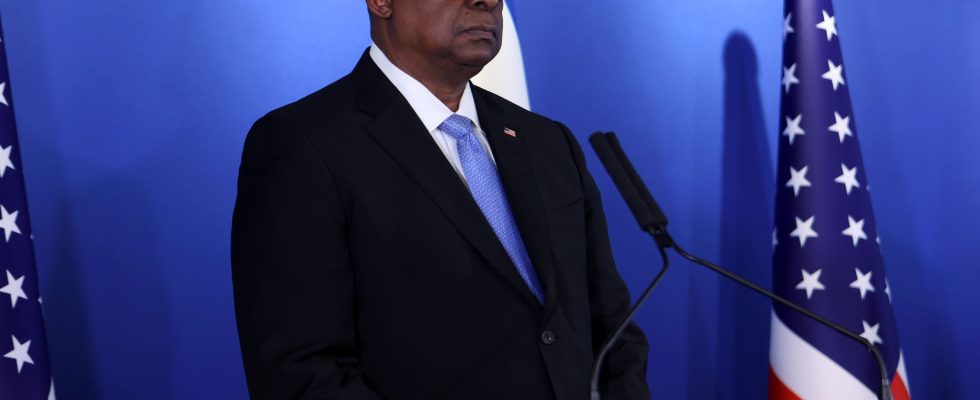An internal political battle is underway between Joe Biden’s administration and the Pentagon, and it could slow Russia’s bringing to justice for its invasion of Ukraine. The Pentagon is currently preventing the Department of Defense from sharing evidence with the International Criminal Court (ICC) in The Hague regarding Russian abuses on Ukrainian soil, according to New York Times. This information was however collected by American intelligence itself, and could feed the investigation into war crimes perpetrated by Russia.
What does intelligence information contain?
According to the official sources of the American daily, the information collected would contain “elements on the decisions of Russian officials to deliberately target civilian infrastructure and to abduct thousands of Ukrainian children from the occupied territories”. Details that could be relevant and enrich the investigation opened a year ago by the chief prosecutor of the International Court of Justice, Karim Khan.
What prevents the sharing of information?
It is actually the story of a division that has lasted for several weeks, if not several months. US military officials at the Pentagon are unwilling to support the ICC, or at least allow it access to certain information, in its investigation against Russia. According to them, such collaboration could set a precedent for the court to prosecute the United States or American citizens in the future. A meeting was even called by the National Security Council on February 3 to try to settle the dispute according to the New York Times. During the interview, the Secretary of State for Defense and head of the Pentagon Lloyd Austin would have reiterated his opposition.
However, the rules governing US assistance to the International Criminal Court were recently relaxed, in December 2022, in an effort to facilitate investigations and prosecutions related to the invasion of Ukraine. Despite this change in the law, the blockage persists, while the vast majority of the administration – including the Ministry of Defense and American intelligence – is in favor of it.
Why are they suspicious of the ICC?
The Hague International Court of Justice was established in 1998 specifically to investigate war crimes, crimes against humanity and genocide committed around the world under the Treaty of Rome. He has already investigated crimes committed in Rwanda and Yugoslavia. Many States have joined the ICC by signing the Treaty. But the United States has always kept its distance from the international institution, for fear that American citizens will one day be affected by these investigations. In theory, the court cannot exercise jurisdiction over citizens of a country that is not a signatory to the treaty, such as the United States and Russia. In the case of Russian abuses, investigation is possible because the alleged war crimes take place on the territory of a country that signed it: Ukraine.
What worries the Pentagon is that this could just as well be the case with Afghanistan, which is part of the Treaty of Rome. In 2017, the court’s then-leading prosecutor tried to open an investigation into the torture of terrorist detainees during the Bush administration, as part of a broader review of the war in Afghanistan. In response, the Trump administration imposed sanctions on court staff, and Secretary of State Mike Pompeo denounced him as corrupt.
The relationship had subsequently warmed with the arrival of Joe Biden in 2021, who agreed to lift the sanctions in exchange for the abandonment of the investigation by the new prosecutor, Karim Khan. Today, the final decision whether or not to collaborate with the ICC could rest with the President of the United States, who has not yet spoken on the issue.
